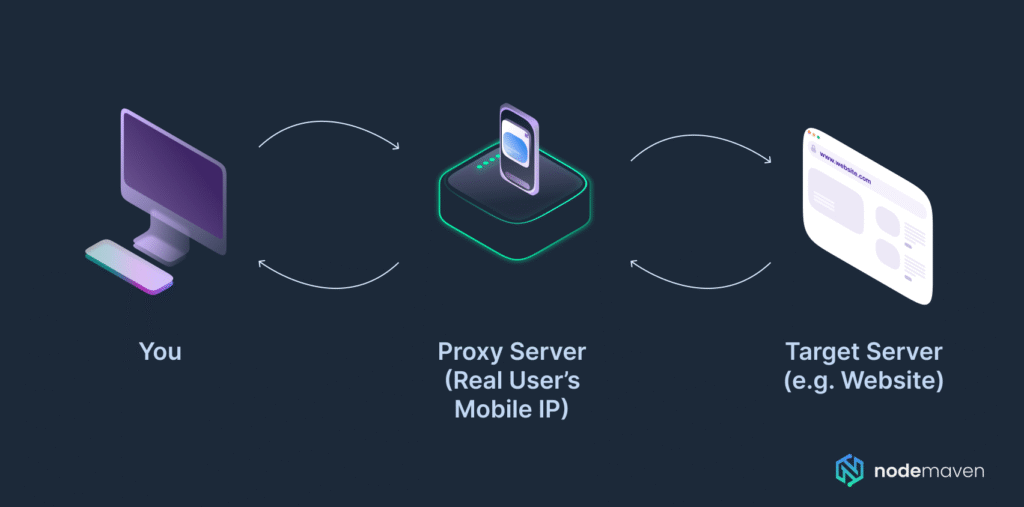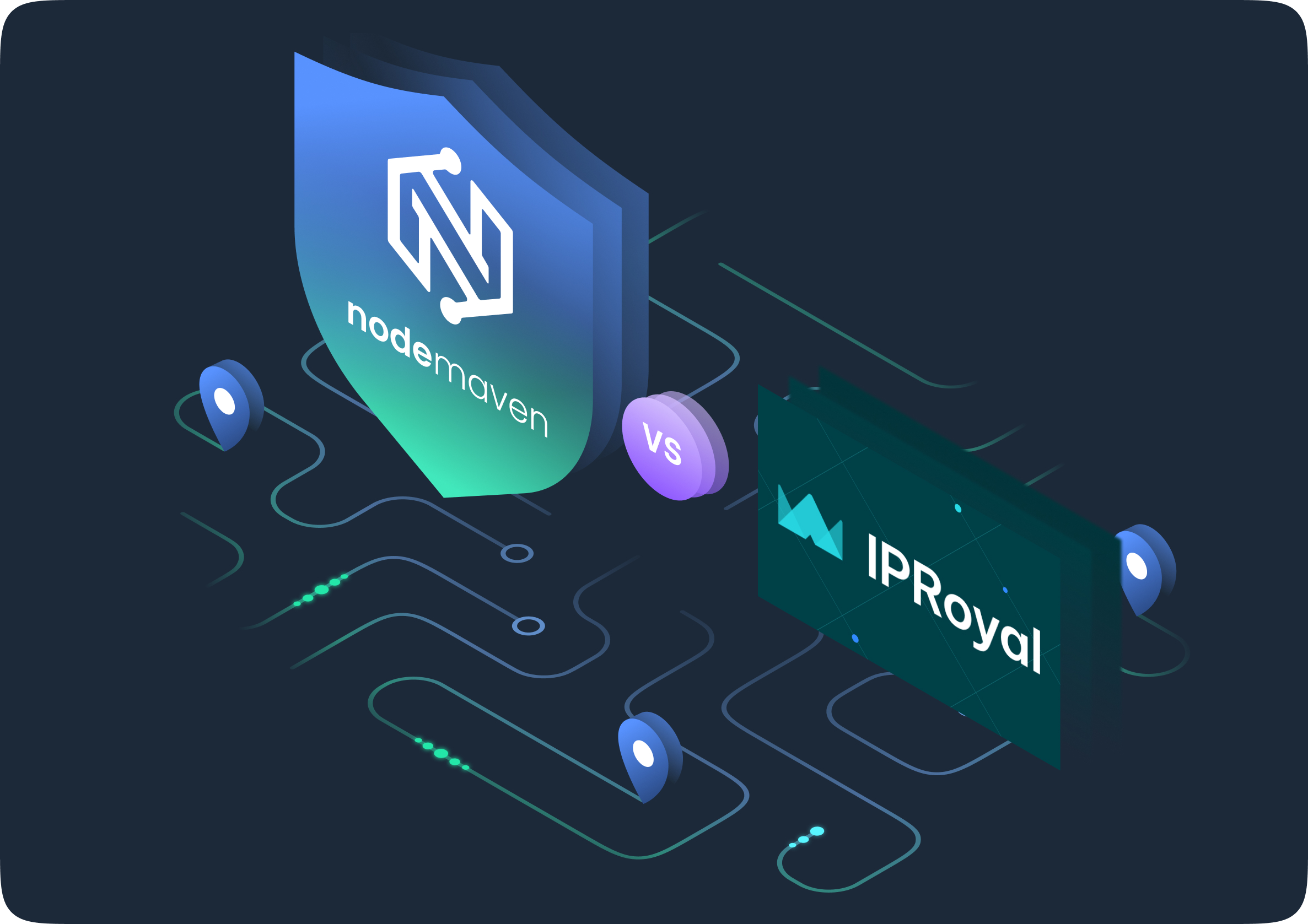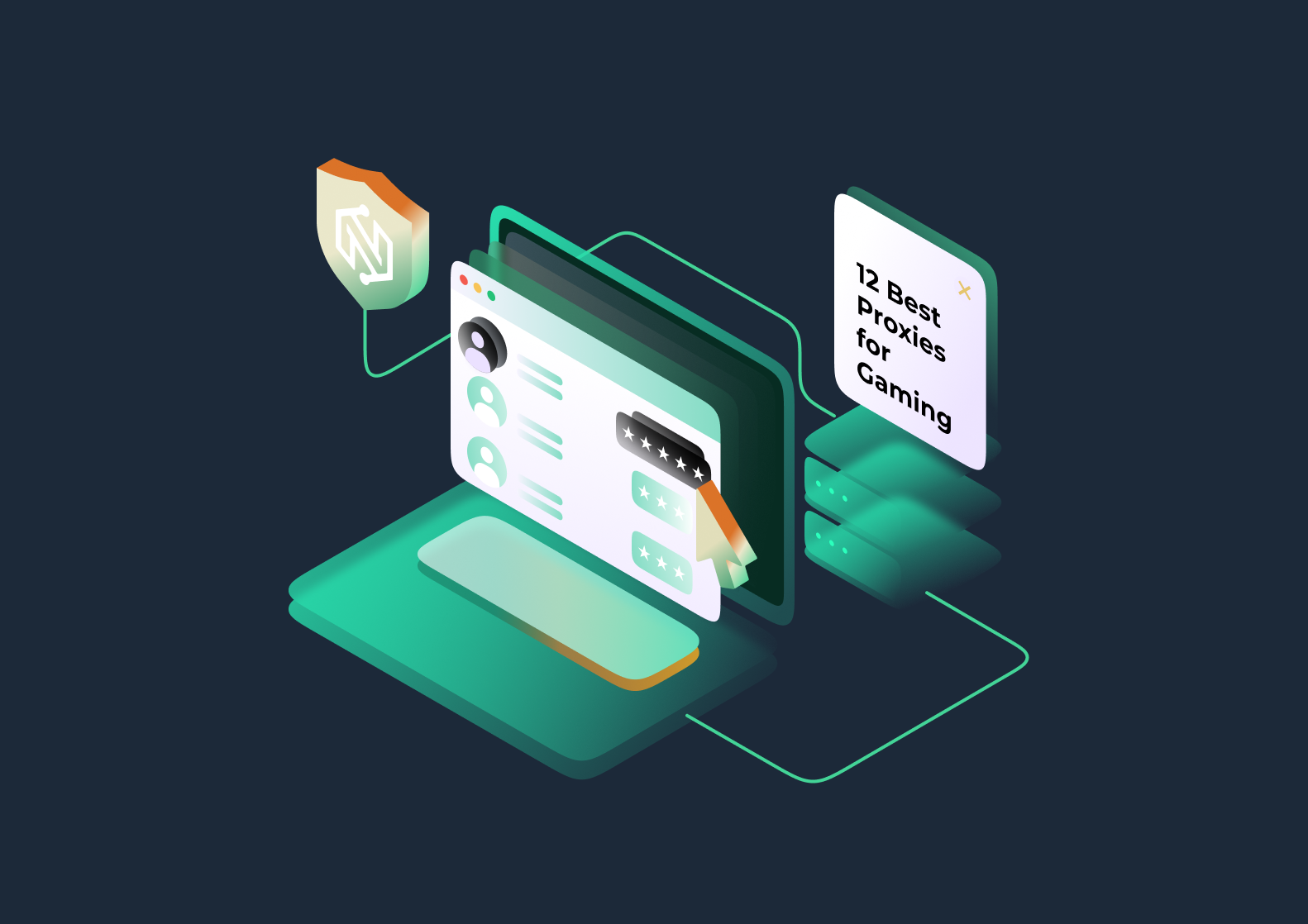If you’ve ever wondered what is a mobile proxy and why so many marketers and businesses rely on them, you’re not alone.
Mobile proxies use real 3G/4G connections to make your online activity look like it’s coming from an ordinary phone. In this guide, we’ll break down how they work, their key features, and the situations where they give you a real advantage.
How Mobile Proxies Work
Most people hear “mobile proxy” and assume it’s something complicated. In reality, it’s pretty straightforward. Instead of showing a website your own IP address, your connection passes through a regular phone or tablet that’s using a 3G, 4G, or LTE network. From the outside, it looks like you’re just another person browsing from a mobile device.
What a Mobile Proxy Actually Is

A mobile proxy is basically a middleman. Your traffic goes through a real SIM card and mobile network, so the site you’re visiting thinks you’re coming from that device and IP.
How They Differ From Other Proxies
- Residential proxies come from home internet connections.
- Datacenter proxies are created in bulk inside server farms.
- Mobile proxies are tied to real mobile carriers, which means the IPs are constantly being mixed among thousands of users.
That last part is key: because so many real people share those IPs, it’s tough for platforms to tell you apart from everyone else.
How the Routing Works
When you connect, the proxy server hands you the IP of a live phone on the network. Your requests get sent through that phone first, and only then reach the website. To the site, you look no different from a regular user checking TikTok on their commute or scrolling Instagram at lunch.
TIp: Learn about the difference between residential, mobile and datacenter proxies in our guide.
Key Features of Mobile Proxy Servers
When people ask what is a mobile proxy and why it’s useful, the answer usually comes down to a few key features. These are the things that set mobile proxies apart from other types.
Rotation of IPs From Real Mobile Networks
Mobile proxies give you IP addresses that come directly from carriers — the same ones people use on their phones every day. These IPs can rotate, meaning your connection can switch from one mobile device to another. For platforms, that activity looks natural, because real users are constantly moving between towers and networks.
High Anonymity Level
Because mobile IPs are shared by thousands of users at the same time, it’s almost impossible to single you out. This gives mobile proxies a higher level of anonymity compared to datacenter or even residential proxies. To the website, your traffic blends in with normal mobile activity.
Stability With Long Sessions
One more important point: stability. Good mobile proxy services offer long, “sticky” sessions, so you can hold the same IP for hours at a time. That’s critical if you’re managing accounts, testing ads, or running campaigns that need a consistent identity without constant verification pop-ups.
Benefits of Using Mobile Proxies
Once you understand what is a mobile proxy and how it works, the next question is: why use it? Mobile proxies come with a set of clear benefits that make them valuable for businesses, marketers, and even solo creators.
Access to Geo-Restricted Content With a Mobile Proxy Network
A mobile proxy network lets you browse the web as if you were in another city or country. That’s useful for checking how websites, ads, or apps appear in different locations. Instead of relying on guesswork, you see the exact version your target audience sees.
Lower Ban Rates on Social Media and Apps
Platforms like TikTok, Instagram, and Facebook don’t like it when multiple accounts share the same IP. Mobile proxies solve this by giving each account its own clean, carrier-level identity. Since these IPs are tied to real telecom networks, ban rates and shadow restrictions are much lower than with datacenter IPs.
Use Cases in Traffic Arbitrage, Ad Verification, and Multi-Accounting
Mobile proxies shine in areas where trust and authenticity matter most.
- In traffic arbitrage, they help you test and scale campaigns without constant account blocks.
- For ad verification, they show you exactly what real users see, making it easier to confirm placements and catch fraud.
- In multi-accounting, mobile proxies provide unique IPs that keep accounts isolated and safe, whether you’re managing client profiles or running your own projects.
Mobile Proxies vs Other Proxy Types
So, what is a mobile proxy in practice? The easiest way to explain it is by comparing it with other proxies people use. Each type has its upsides, but also clear limits.
3G/4G Proxies vs WiFi-Based Residential Proxies
Mobile proxies (3G or 4G) rely on SIM cards and carrier networks. When you go online through them, it’s like browsing from a normal phone. Residential proxies, on the other hand, use WiFi connections in people’s homes. They look legit, but the IPs don’t switch around as much, which makes them a bit easier for sites to connect back to one user.
Pros and Cons for Different Business Tasks
- Mobile proxies → safer for apps, social platforms, and multi-accounting where bans are a headache.
- Residential proxies → steadier for research or scraping jobs where you don’t want IPs changing too often.
- Datacenter proxies → cheaper and faster, but they stand out more, so platforms can block them without much effort.
When to Choose a Mobile Proxy Over Other Options
If you care about keeping accounts alive, mobile proxies are usually the smarter call. They look like everyday mobile traffic, which makes them harder to block. If the goal is bulk scraping or something simple where bans don’t really matter, a datacenter or residential proxy might be enough.
Why NodeMaven Offers the Best Mobile Proxies Tool
When people search what is a mobile proxy and start comparing providers, NodeMaven stands out for a few clear reasons. It’s not just about offering mobile IPs — it’s about reliability, flexibility, and tools that actually make life easier for businesses and marketers.
Advantages of NodeMaven
- Clean, high-quality IPs → Our IP Quality Filter screens out flagged or overused IPs. You get fresh, trusted addresses that lower the risk of bans and keep sessions running smoothly.
- Sticky sessions up to 24 hours → Perfect for account management, testing ads, or anything that needs a consistent identity without constant re-logins.
- Traffic rollover → Any unused data automatically carries over to the next billing cycle. You never lose traffic you’ve already paid for.
- Residential + mobile in one plan → No need to pick between them. Every package gives you access to both, so you can adapt based on the task.
- Built for reliability → High uptime, fast speeds, and stable connections, designed to work when it matters most.
- Real support from experts → Setup and troubleshooting help via WhatsApp, Telegram, Slack, or Zoom — not just email tickets.
Trial Options and Pricing Models
NodeMaven makes it easy to test before committing. For €3.99 you get 1 GB of bandwidth with access to all features, including mobile IPs. Plans are flexible:
- Pay-as-you-go if you want to pay only for what you use.
- Monthly packages with traffic rollover so nothing is wasted.
- High-volume options with pricing that drops below €1 per GB.
Setting Up a Mobile Proxy Server
Getting started is simple. Once you pick a plan, you’ll receive proxy credentials that can be used with browsers, apps, or automation tools. NodeMaven supports quick integration, and if you’re not sure how to set things up, the support team can guide you step by step.
Best Practices for Safe Use
- Stick to 1 account = 1 proxy to avoid linking profiles.
- Use sticky sessions for workflows that need consistency (multi-account management, logins, ad tests).
- Switch to rotating IPs for scraping or tasks that need higher volume.
- Monitor usage to make sure you’re not burning through traffic faster than necessary.
With these practices and NodeMaven’s features, you’ll get the most out of your mobile proxies while keeping accounts safe and campaigns stable.


